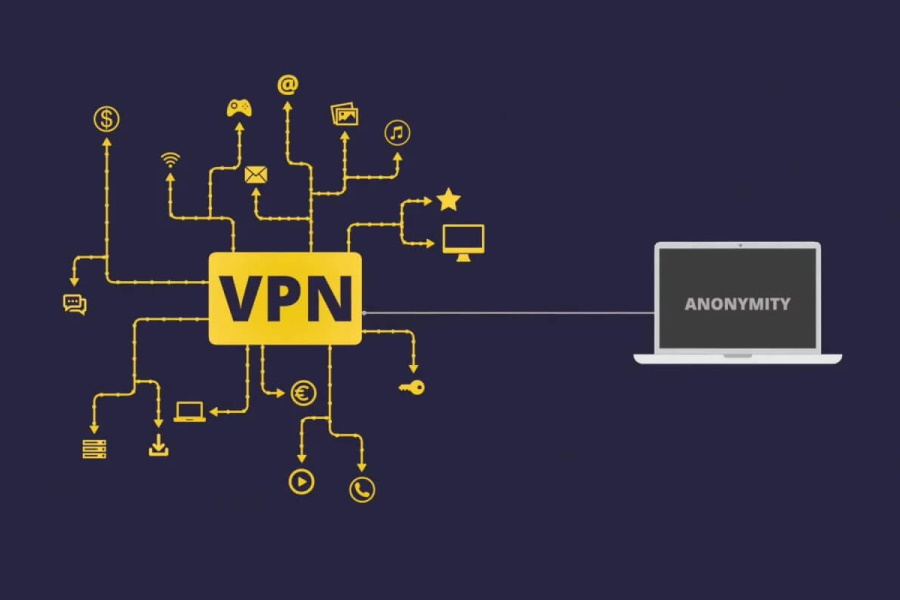How an Airport VPN Can Safeguard Your Online Activities from Cyber Criminals
In today’s interconnected world, staying connected while traveling is almost a necessity. Airports, with their free Wi-Fi services, offer convenience but also pose significant security risks. Public Wi-Fi networks are notorious hunting grounds for cybercriminals seeking to intercept sensitive data from unsuspecting users. This is where a Virtual Private Network VPN becomes indispensable, especially when connected to an airport’s Wi-Fi network.
Understanding the Risks
Public Wi-Fi networks, such as those found in airports, lack the encryption that protects data on private networks. This makes it easier for hackers to eavesdrop on communications and steal personal information like login credentials, credit card numbers, and more. Cybercriminals can set up fake Wi-Fi hotspots with names similar to legitimate networks, tricking users into connecting and unknowingly giving away their data.

How a VPN Works
The best top vps VPN creates a secure, encrypted tunnel between your device and the internet. When connected to a VPN server, all data transmitted between your device and the server is encrypted, preventing anyone from intercepting or deciphering it. This encryption ensures that even if someone manages to intercept your data over the airport Wi-Fi, it appears as gibberish without the decryption key.
Enhanced Security – By encrypting your internet traffic, a VPN prevents hackers from intercepting your data on public Wi-Fi networks.
Privacy Protection – VPNs mask your IP address, making it difficult for websites and advertisers to track your online activities. This protects your privacy and anonymity while browsing.
Access to Restricted Content – Some airports or countries may restrict access to certain websites or services. A VPN can bypass these restrictions by connecting you to servers in different locations where the content is accessible.
Secure Remote Access – If you need to access sensitive work documents or emails while at the airport, a VPN provides a secure connection to your company’s network, protecting corporate data from potential breaches.
Choosing the Right VPN
When selecting a VPN for airport use, consider the following factors:
Encryption Strength – Ensure the VPN uses strong encryption protocols e.g., AES-256 to safeguard your data.
Server Locations – Choose a VPN provider with servers in multiple locations to access content from different regions.
No-Logs Policy – Opt for VPN services that have a strict no-logs policy to ensure your online activities remain private.
User-Friendly Interface – Look for VPN apps that are easy to use, especially on mobile devices, for seamless connectivity at the airport.
Install and connect to your VPN before arriving at the airport to avoid using insecure networks while setting up. Ensure your VPN is active and properly connected before accessing sensitive information or logging into accounts. While airports provide convenient Wi-Fi access, they also present significant security risks. Using a VPN is an effective way to protect your online activities from cybercriminals lurking on public networks. By encrypting your data and providing anonymity, a VPN not only safeguards your personal information but also ensures secure access to restricted content and sensitive corporate resources. Choosing a reliable VPN and adopting best practices for its use will significantly enhance your online security and privacy, making your travel experience safer and more secure.